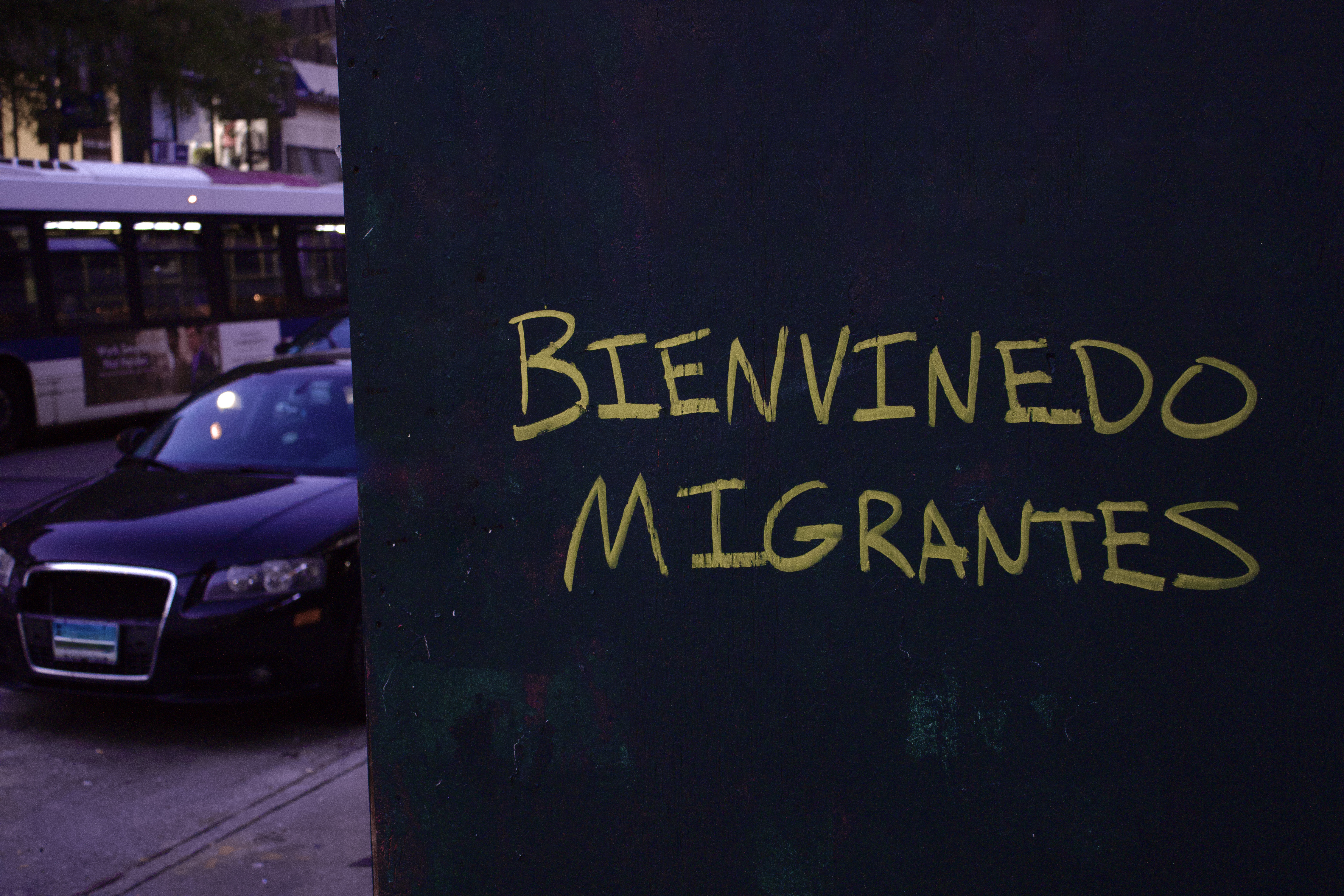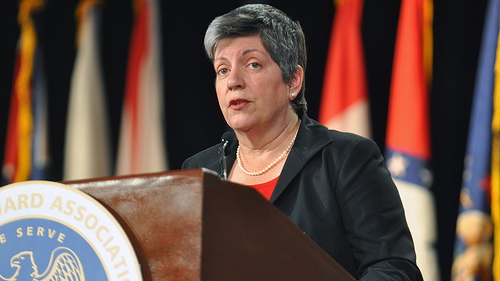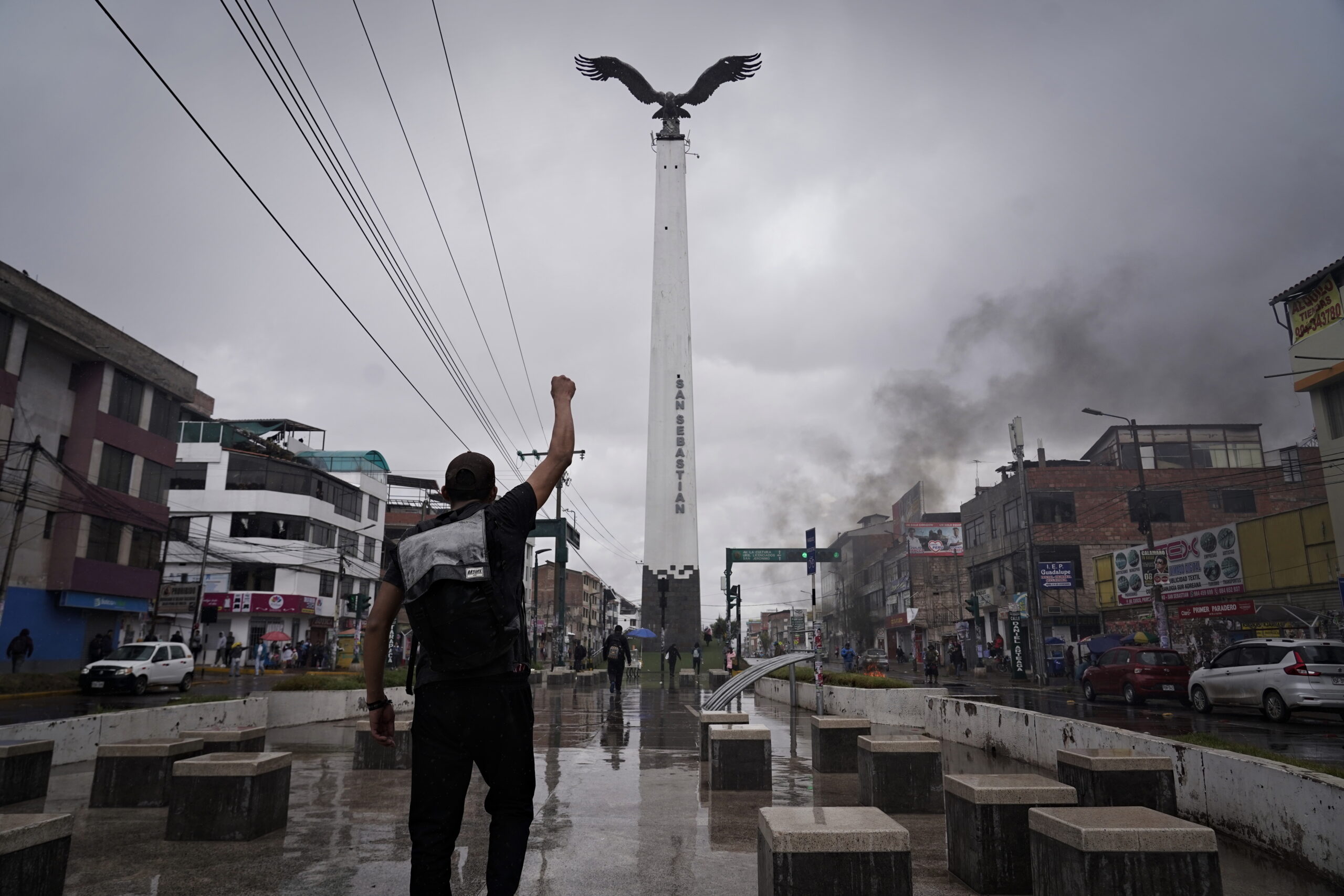
Dispatches, North America, United States
Biden Administration Expands Title 42 Authority
January 6, 2023 By Alfredo Eladio Moreno
HOUSTON — The Biden administration announced Thursday it is expanding its authority under Title 42 — a public health law used to rapidly expel migrants who cross land borders — to include a humanitarian parole process for Haitians, Cubans and Nicaraguans.
Under the expanded authority, the government will accept a combined 30,000 people from Venezuela, Haiti, Cuba and Nicaragua per month. It will also send an equal amount to Mexico who migrate to the United States without following this process.
The announcement comes weeks after the Supreme Court reversed a lower court’s order ending Title 42, effectively keeping the policy alive until it hands down a final judgment sometime early summer.
“In the meantime my administration will continue to use that authority [under Title 42] as the Supreme Court has required,” Biden said at a press conference on Thursday. “And until Congress passes the funds — a comprehensive immigration plan to fix the system completely — my administration is going to work to make things better at the border using the tools that we have available to us now.”
Human rights groups such as the American Civil Liberties Union, Amnesty International, Human Rights Watch and the American immigration Council have called for an end to the policy because it expels all migrants, specifically asylum seekers without due process.
The Biden administration has switched its stance on the policy several times. A federal judge ruled in Sept. 2021 that the policy was likely illegal, but the administration appealed to maintain it. In April 2022, the Biden administration announced it was ending Title 42, but a federal judge in Louisiana blocked the move, citing improper procedure followed.
Then, it expanded Title 42 in Oct. 2022 by creating a humanitarian parole process for Venezuelans.
Customs and Border Protection reported a 70% decrease in encounters with Venezuelans at the southwest border, from 20,806 to 6,232 between October and November.
The Biden administration hopes to see the same results for Cubans, Haitians and Nicaraguans.
They will have to apply in their home country, and have an eligible sponsor in the United States who will financially support them. Accepted applicants are eligible for two years of parole, and will be authorized to work.
Since its inception, Title 42 has been used to quickly expel a total of 2,494,638 people at land borders, according to CBP data.
About Alfredo Eladio Moreno
Fredo is a journalist and photographer from his native Houston, Texas. He has reported since 2020 on Mexican politics and immigration policy in the United States, and especially on Nicaragua and the Ortega-Murillo regime. He is a graduate student of Journalism and Latin American and Caribbean Studies at New York University, where he is Editor-in-Chief of the Latin America News Dispatch.




